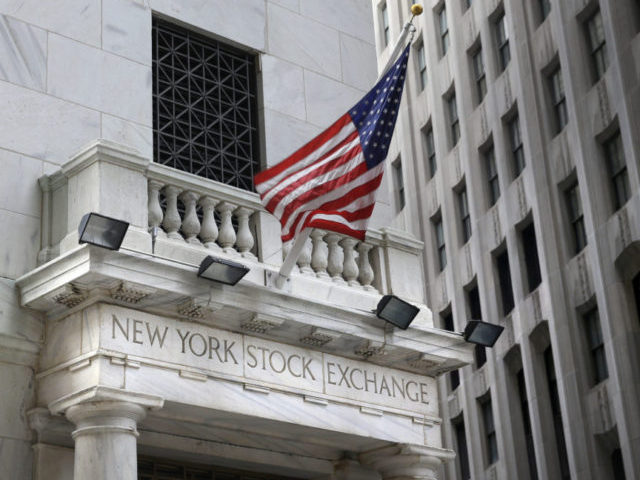The big Wall Street investment managers are pushing back against a provision of the GOP tax reform that proponents say would benefit investors by simplifying the rules around taxes owed on securities sales.
The Senate bill would put in place a single, far simpler method of calculating a taxpayer’s gain or losses from the sale of shares than current law, which allows for a complex and little-understood variety of choices. The current complexity may benefit some of the most sophisticated investors but for most taxpayers it adds needless accounting twists, room for costly errors, and encourages expensive and often inefficient tax-planning.
The Wall Street Journal reports that fund managers complain the provision will “make markets work less well” and cost their investors more in taxes. But there’s little evidence it will do more than eat into the fees fund managers can charge for managing the complexity of the tax code.
Under current law, when a taxpayer purchases shares of stock at different prices or on different dates and then later sells only part of the stock, the tax treatment of the sale is determined by the election of one of several different methods to calculate his cost basis. These include average cost, first in-first out, and specific identification. For most investors, the default is first in-first out.
These elections can have significant consequences for what taxes an investor owes. Imagine an investor who owns 300 shares of stock that was purchased at 3 different times and prices. Say, 100 shares two years ago at $20 per share, 100 last year at $30 per share last year and 100 this year $40 per share. Now the investor decides to sell 100 shares at the current price of $35, pocketing $3,500.
Current law would allow investors to choose which shares they would sell. So an investor looking to minimize his or her taxes could choose to sell the shares purchased at the highest price–100 shares at $40 per share, for $450–maximizing the loss for tax purposes. This loss, however, is purely a fiction of tax accounting since the investor actually has a cost average of $30 per share and has made money on the overall investment.
The current law invites investors to time sales and select which shares to sell based on minimizing taxes rather than reflecting the underlying financial reality.
The provision of the Senate bill that has Wall Street up in arms would require investors to sell the oldest shares first. In our example, the investor would report a gain rather than a loss. But if the stock had lost value since the first purchase, he or she would be no worse off.
Wall Street thrives on complexity and so it generally prefers the rules with more elections, even if these elections are not well understood by investors. It also gives large mutual funds an advantage over individual investors since the funds can employ accountants to assure they make the correct selection.
The change is not likely to cost most investors, even those in taxable mutual funds, much and may actually save money. It would raise $2.7 billion over ten years but that is a tiny fraction of mutual fund management fees, part of which arise from engaging in expensive tax planning of sales of securities.
And that, ultimately, is what upsets the big Wall Street fund managers about this. It levels the playing field with individual investors and cuts into a source of complexity that helps them generate higher fees.

COMMENTS
Please let us know if you're having issues with commenting.